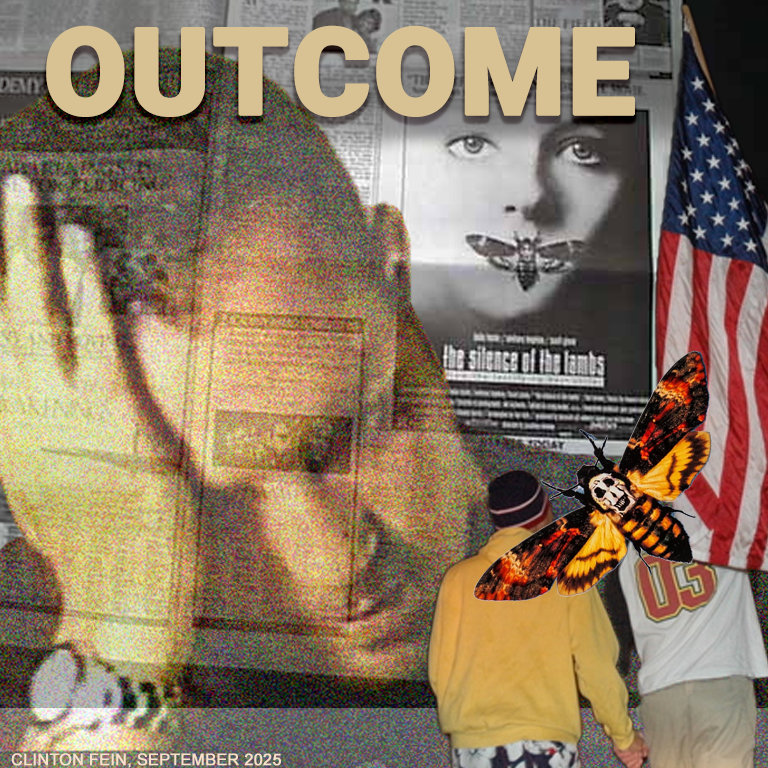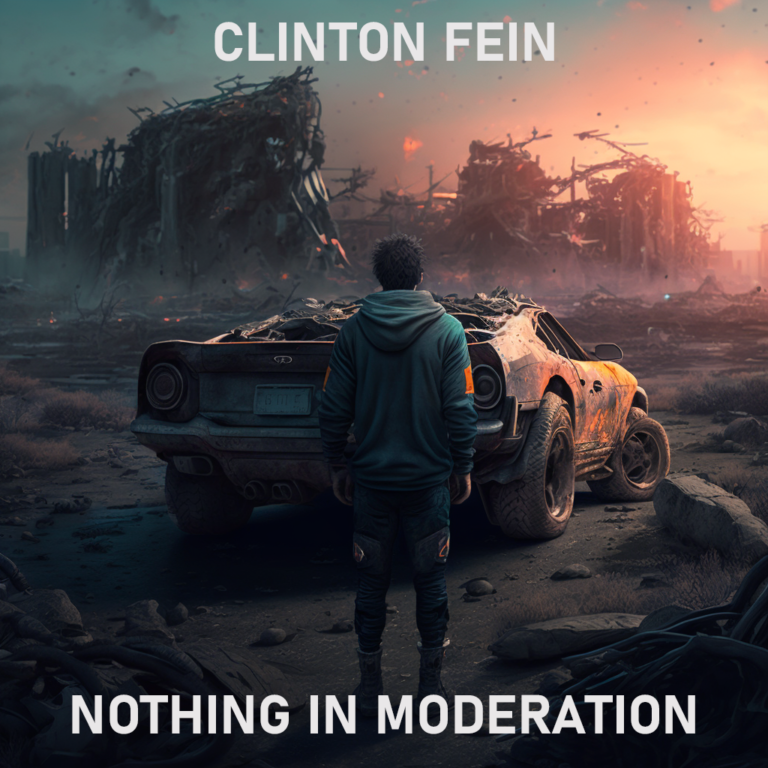I was a fucking coward for most of 1991. There’s no prettier way to put it. While working as an assistant to Marc Platt, the president of Orion Pictures, I continued to hide in the closet, playing the role of a quintessential straight dude from South Africa. Orion was riding high. In November 1990, we released Dances with Wolves, which dominated the box office and garnered twelve Oscar nominations, winning seven of them the following March. A month earlier, in February 1991, we released The Silence of the Lambs, which would go on to sweep the 1993 Oscars with the “big five” category wins, including Best Picture, Best Director, Best Actor, Best Actress and Best Adapted Screenplay. And a veritable slew of other awards. But amid the champagne and congratulations, something uncomfortable was brewing outside our industry bubble.
The release of The Silence of the Lambs sparked loud and angry protests that I watched from a comfortable distance. Activists screamed about harmful stereotypes while I sat in air-conditioned creative meetings, nodding along to executives who flaunted their perceived heteronormative superiority with abandon. The homophobia at Orion wasn’t the violent kind; it was the casual, insidious variety. Rolled eyes at the “hysterical queens” protesting our Oscar-bait film. Or over the sensibilities of our gay script readers when they didn’t agree with a synopsis. I’d laugh along, that hollow chuckle that erodes your soul one forced ha-ha at a time. All the protesters wanted was dialogue. I had the ear of Orion’s fucking President. I had the kind of access those protesters would have killed for, and sat there like a traitorous, silent lamb, doing absolutely nothing.
The irony of helping promote a film that would win five Oscars while portraying gay people as deranged, skin-wearing psychopaths wasn’t lost on me. Just buried under layers of self-preservation and career ambition. Nor the fact that the movie’s double Oscar-winning star, Jodie Foster, was as closeted as I was, though not as good at hiding it.
I’d convinced myself I was playing the long game. That my career mattered more than my dignity. That I was somehow different from “those gays. The loud ones, the visible ones, the ones brave enough to stand up.
Everything changed on Sunday, September 29, 1991. Pete Wilson, California’s Republican governor — a spineless mouse — vetoed AB101, a basic employment protection bill for gay people. He tried to slip it in quietly on a weekend, like flushing evidence down a toilet. It didn’t work.
The protests erupted like a volcano that had been building pressure for decades. I found myself on Santa Monica Boulevard with a video camera, ostensibly documenting the protests but really just standing at the precipice of my own awakening. The intersection at Wilshire was a sea of righteous anger — bodies blocking traffic, signs waving, chants echoing off glass-fronted buildings. I followed the crowd in a trance, neither a full participant nor mere observer. The intersection of Wilshire and Santa Monica became ground zero for a rage I’d never witnessed firsthand.
What struck me as much as the anger was the diversity. These weren’t just the club kids or the West Hollywood clones I was used to. These were professionals in suits, elderly couples, students, artists. Every variation of queer humanity marching in lockstep. The air was thick with the acrid smell of burning American flags and the electric charge of collective rage. Massive posters of Jesse Helms, Pete Wilson, and Bush Senior, rendered in Robbie Conal’s grotesque, accusatory style, bobbed above the crowd like the heads of political enemies on pikes. “YOU’RE FIRED” screamed the text beneath images of gay icons throughout history. The message was clear: we’re done being your punching bags.
I’d seen protests before, peripherally. Back in South Africa, I’d watched friends get beaten and tear-gassed at Wits University during anti-apartheid demonstrations. But I wasn’t political then. I was too busy hiding and trying to figure out who the fuck I was supposed to be. This was different.
Something cracked open inside me as I filmed a renegade group storming toward the Beverly Hills Hilton. The Beverly Hills Police stood in riot gear, protecting the sanctity of five-star accommodations from the unwashed homosexual masses. Hotel guests peered out from behind curtains, horrified at the thought of angry faggots disrupting their overpriced room service.
It hit me like a sledgehammer to the chest: these people were my tribe. My people. Regardless of gender, race, or background, I belonged with them. With us. The realization was both liberating and crushing: where the fuck had I been all this time?
LGBT people occupy a unique space in the oppression Olympics. We’re the only minority that doesn’t grow up learning our culture from birth. Black parents have “the conversation” with their kids about police. Jewish families pass down traditions and history. Gay kids get nothing but shame and confusion until we stumble into community, if we’re lucky enough to find it before the damage is permanent.
Matthew Shepherd’s parents couldn’t teach him how to spot the warning signs that would have saved him from being strung up like a scarecrow. They didn’t know how. So many of us spend our formative years in isolation, developing self-hatred as a second language, often rejected by the very people genetically programmed to protect us. There are parents who’d rather have no child or a dead child than a gay one.
Standing there, camera in hand, I felt the gravitational pull of belonging more strongly than anything I’d experienced before. More than being white in apartheid South Africa (obviously), more than being Jewish at a Jewish day school. This was different from the superficial connection of gay bars, where community is measured in vodka shots and bathroom hookups. Even the ridiculous chants of “hey ho, hey ho, homophobia’s got to go” couldn’t diminish the lump forming in my throat.
Through tears I refused to acknowledge, I felt something surging inside me. A resolve, a militancy. I inhaled the crowd’s fury like it was oxygen after years of holding my breath. In that moment, without knowing where it would lead, a fighter was born.
Something fundamental shifted in me. The mental calculus changed. No more hiding, no more nodding along to casual bigotry, no more silent enabling. I was done being the acceptable, neutered version of myself that the straight world I so desperately tried to occupy demanded as an admission fee. The realization was brutal: I wasn’t just in the closet protecting myself. Every day I spent concealing who I was, I reinforced the idea that being gay was something shameful, something to hide. I wasn’t just failing myself, I was failing every person marching in that street. Every kid contemplating suicide in some small town. Every person fired for being who they were. My silence wasn’t neutrality. It was complicity. It was blood on my hands.
Now, finally, I was ready to join them, embrace them, become them, to fight not just for myself but for anyone silenced by the same systems that had kept me cowering in the shadows.
What I knew with absolute certainty was that I couldn’t go back to being the person I was before I saw what courage actually looked like up close. I couldn’t go home to the reflection of the timid, ashamed coward I had seen in my mirror that morning. The price was too high. It had always been too high.
It wasn’t courage that filled me that day, but rather shame over my lack of it. It was something more primal. A simple but profound recognition that the closet I’d spent most of my life building to allow me to breathe was suffocating me.
I didn’t just open the closet that day. I fucking ripped it off its hinges.

